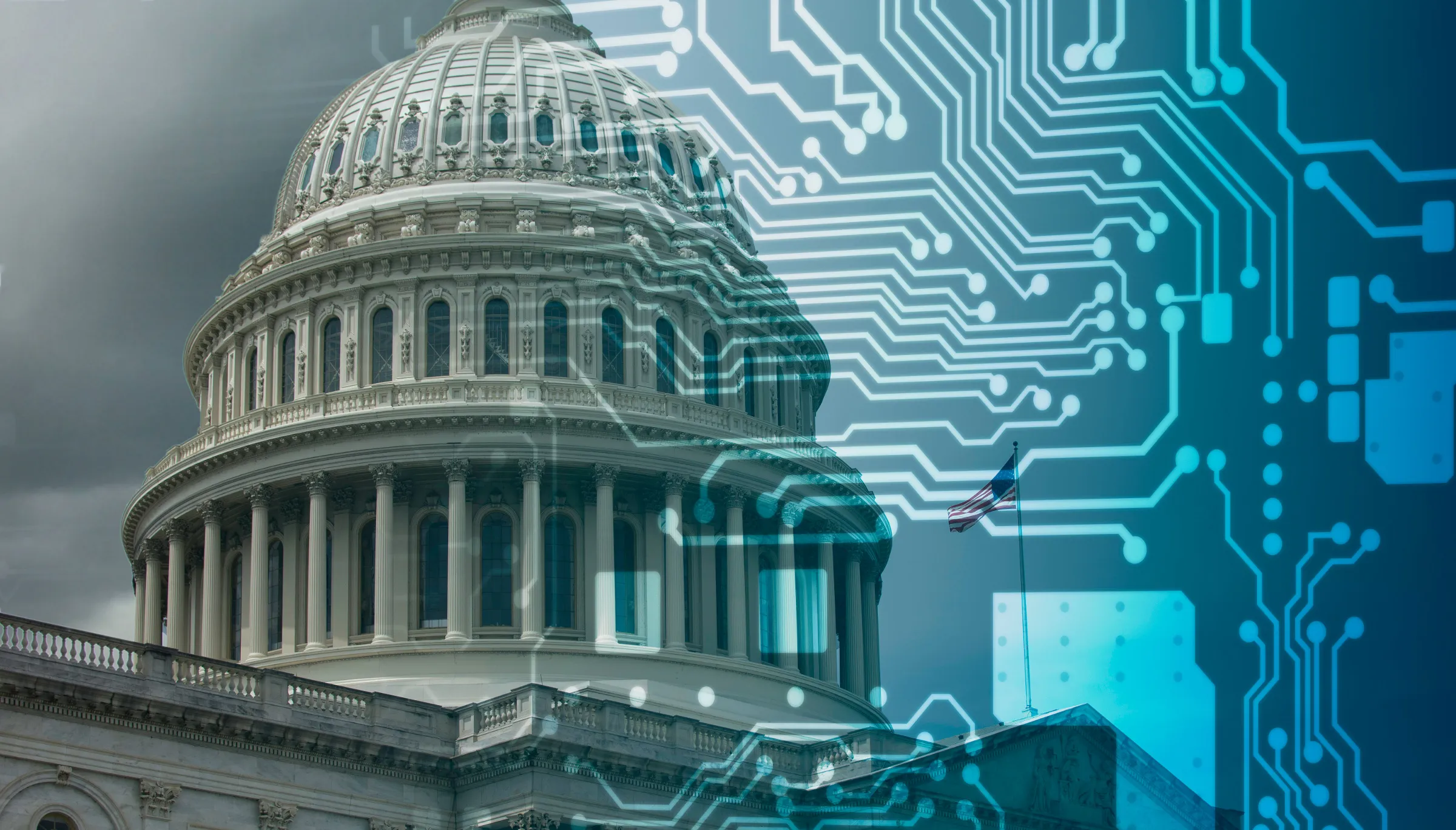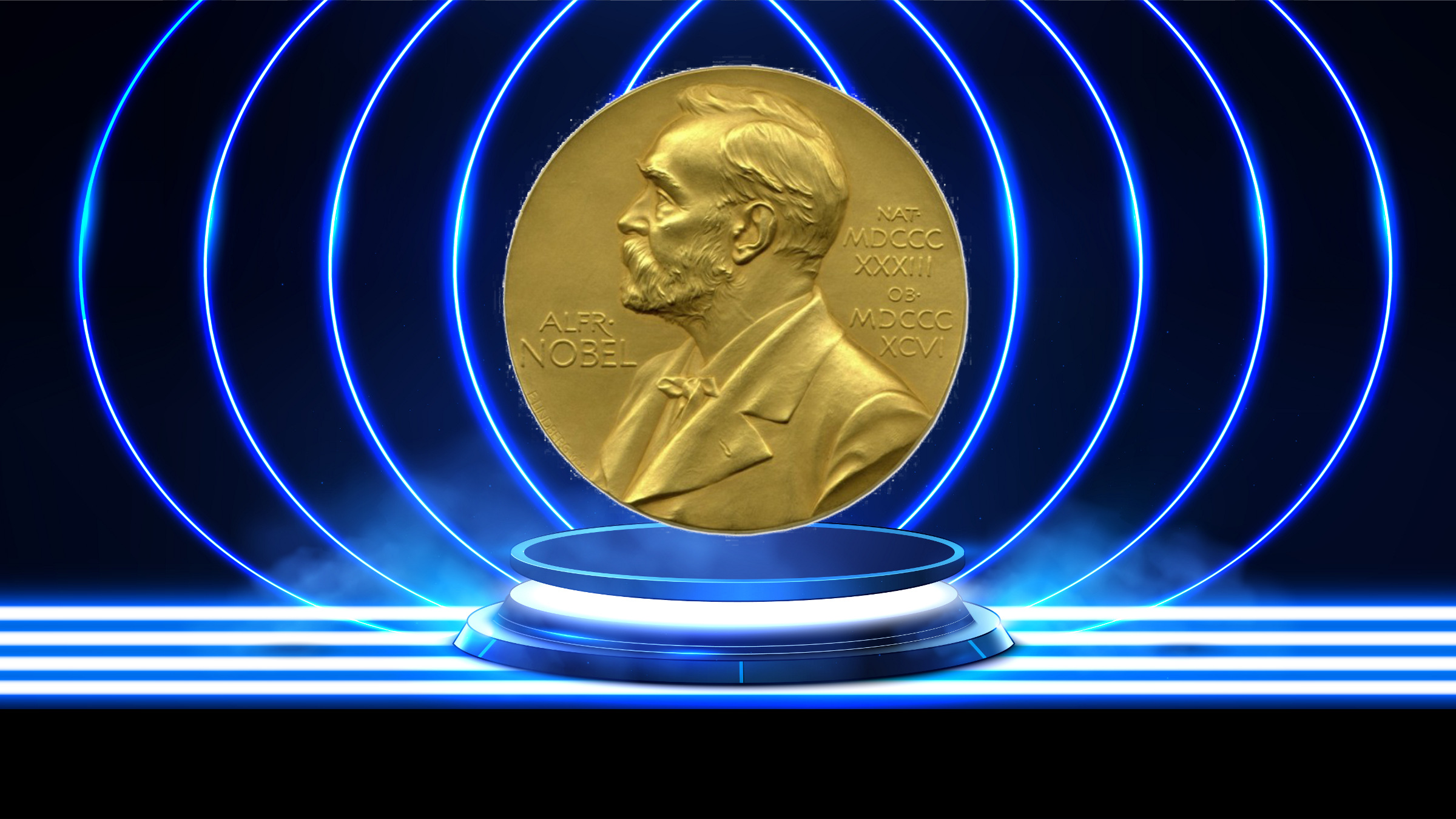News
Automated valuation models made home prices more equitable in unexpected ways: Black homeowners were paid more on average, and whites tens of thousands less.
Identifying Political Bias in AI
Findings suggest that no dataset is completely objective, even those carefully curated to be used as objectivity benchmarks.
It’s Another Attack on the U.S. Capitol
Using the same password for business and personal accounts is a common but risky practice that creates vulnerabilities.
Stealth aircraft can foil radar but can't dodge detection by Starlink satellite signals, a game-changer for aerial protection.
Causal Inference Makes Sense of AI
Causal inference makes AI systems smarter by injecting real-world logic and cause-and-effect dynamics into decision-making.
Addressing the Data Storage Crisis
The expense of HDD and SSD is pushing the development and consideration of alternate storage options.
UT Austin researchers used AI to correctly predict 70% of earthquakes over seven months in an area of China a week before they happened.
Controlling AI’s Growing Energy Needs
Lower-energy options are being sought to reduce the energy footprint of AI training.
Aides or staffers registered official email addresses and passwords on vulnerable third-party sites, putting those credentials at risk.
ACM remembers A.M. Turing Award Laureate E. Allen Emerson, who passed away on Oct. 15, 2024.
Detecting/Explaining Industrial Hacks
XAI provides clear descriptions of Industrial Control System anomalies in accessible terms.
Cybersecurity vendors are using AI-enabled products to keep a leg up on hackers and "threat actors" who have also added AI to their arsenals.
A Camera the Size of a Grain of Salt Could Change Imaging as We Know It
Innovative methods and materials led to a tiny meta-optics camera able to produce full-color images equal in quality to those produced by conventional cameras.
AI makes Open-Source Intelligence more accessible to those analyzing information or generating misinformation.
The Computation Behind This Year’s Nobel Prizes in Chemistry and Physics
What, from a computational perspective, did recent Nobel recipients do to merit their prizes?
Is It Possible to Truly Understand Performance in LLMs?
Understanding why emergence occurs is part of a broader desire to shine light inside the black box of LLMs.
Technology aims to ensure integrity and fairness, but doesn't erase the deep appeal of human judgment in competition.
Laser communications technology demonstrated aboard NASA's Psyche spacecraft could make the 140-million-mile distance from Earth to Mars feel much closer.
Recent work has combined pseudorandom starting structures and random techniques that use the framework of finite geometry.
Experts want proof that Google’s AlphaChip is equal to, let alone better than, available chip design methods.
Room-Temperature Superconductivity Heats Up
Compounds that display superconductivity are incredibly rare, and many require specific pressures or conditions to perform in a desired manner.
LLMs represent an emerging battleground for misuse and abuse that aims to sway public opinion and mislead the masses.
Dark Patterned Voices Manipulate Users
The vocal cues of voice user interfaces can be subtly manipulated to influence users' opinions.
Shape the Future of Computing
ACM encourages its members to take a direct hand in shaping the future of the association. There are more ways than ever to get involved.
Get InvolvedCommunications of the ACM (CACM) is now a fully Open Access publication.
By opening CACM to the world, we hope to increase engagement among the broader computer science community and encourage non-members to discover the rich resources ACM has to offer.
Learn More






















